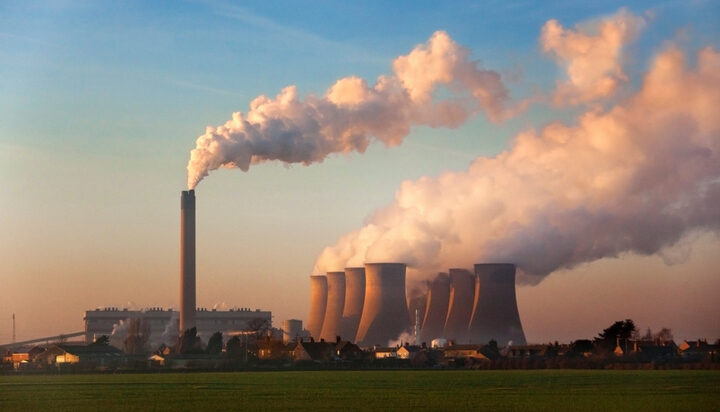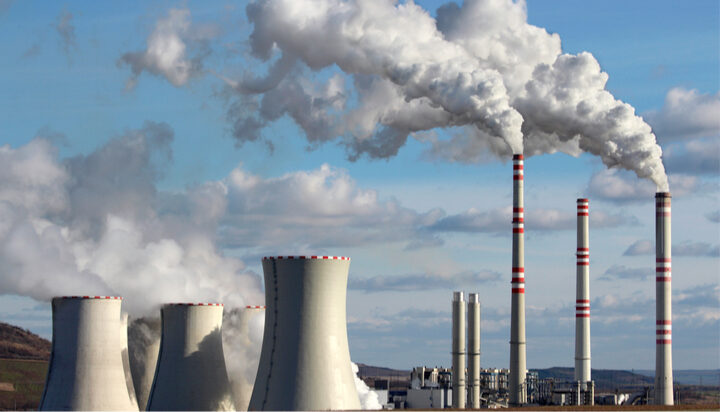SPOT THE CONTRADICTION
A new report further suggests that almost 63% of emerging markets have seen their fossil fuel demand for electricity peak or plateau
The Big Zero report
Dimitris Mavrokefalidis
More Articles
Friday 16 July 2021

Image: Shutterstock
Global fossil fuel demand for electricity has reached its peak as more and more emerging countries are injecting more renewables into their grid.
That’s one of the findings of a new report by the financial think tank Carbon Tracker and India’s Council on Energy, Environment and Water (CEEW), which further estimates fossil fuel demand for electricity has already peaked or plateaued in nearly 63% of emerging markets.
These include Chile, Nicaragua, Kenya and Thailand among others.
The authors of the report suggest the demand for fossil fuels for electricity generation in developed markets has also dropped by 20% since 2007.
They also note all developed countries except Israel and Latvia have seen a peak in fossil fuel demand for electricity.
In addition, the analysis highlights the huge financial loss that can come as a result of an economy that is heavily reliant on fossil fuels.
It is estimated that China alone could lose $16 billion (£11.5bn) in abandoned fossil fuel-fired assets by 2030 if the country continues investing and building new coal plants.
Kingsmill Bond, Carbon Tracker Energy Strategist and Co-Author of the report, said: “Emerging markets are about to generate all the growth in their electricity supply from renewables.
“The move will cut the costs of their fossil fuel imports, create jobs in domestic clean power industries and save millions of lives lost to fossil fuel pollutants.”
Arunabha Ghosh, Chief Executive Officer of CEEW and Co-Author of the report, said: “Around 770 million people still lack access to electricity.
IEA: Electricity demand growth will require more fossil fuel production
It found renewables are not expanding quickly enough to meet the strong rebound in power demand this year, resulting in a ‘sharp rise’ in coal power consumption
The Big Zero report
Priyanka Shrestha
Friday 16 July 2021

Image: Shutterstock
The demand for global electricity is growing faster than renewable energy capacity and therefore will require more power to be generated from fossil fuels.
That’s according to a new report from the International Energy Agency (IEA), which found renewable energy is not expanding quickly enough to meet the strong rebound in global demand for electricity this year.
That is resulting in a “sharp rise” in the use of coal power, risking pushing carbon dioxide emissions from the electricity sector to “record levels” next year.
Coal power generation is set to increase by almost 5% this year and a further 3% in 2022, potentially reaching an all-time high while gas-fired production, which declined 2% in 2020, is expected to rise by 1% in 2021 and nearly 2% in 2022.
Demand for electricity is set to grow by nearly 5% in 2021 around the world and 4% in 2022, with the majority of the increase expected to come from the Asia Pacific region, primarily China and India.
The report suggests while power generation from renewables, including wind, solar and hydropower, is on track to grow strongly globally over the next two years – by 8% in 2021 and more than 6% in 2022, they will only be able to meet around half of the projected rise in electricity demand.
It adds fossil fuel-based electricity production is set to cover 45% of additional demand in 2021 and 40% in 2022, with nuclear power accounting for the rest.
As a result, carbon emissions from the electricity sector – which fell both in 2019 and 2020 – are forecast to increase by 3.5% in 2021 and 2.5% in 2022, taking them to an all-time high.
Keisuke Sadamori, IEA Director of Energy Markets and Security said: “Renewable power is growing impressively in many parts of the world but it still isn’t where it needs to be to put us on a path to reaching net zero emissions by mid-century.
“As the economy rebounds after the pandemic, we’ve seen a surge in electrical generation from fossil fuels. To shift to a sustainable trajectory, we need to massively step up investment in clean energy technologies – especially renewables and energy efficiency.”
No comments:
Post a Comment